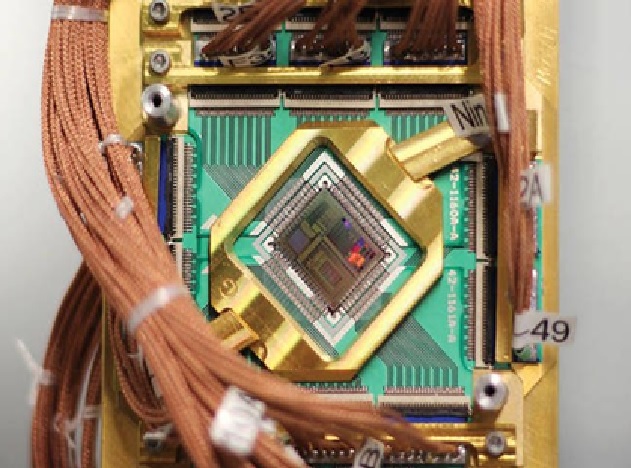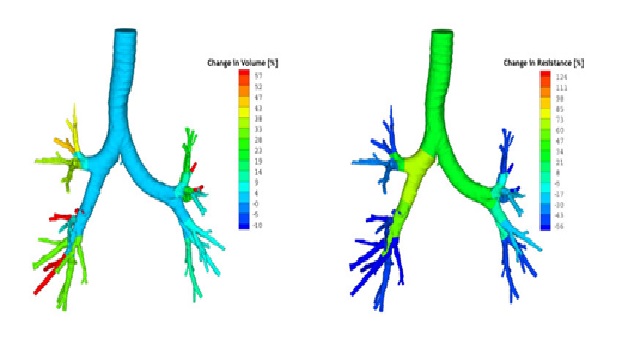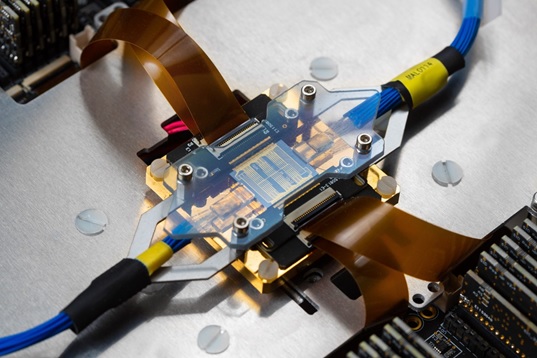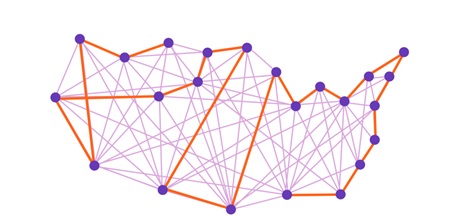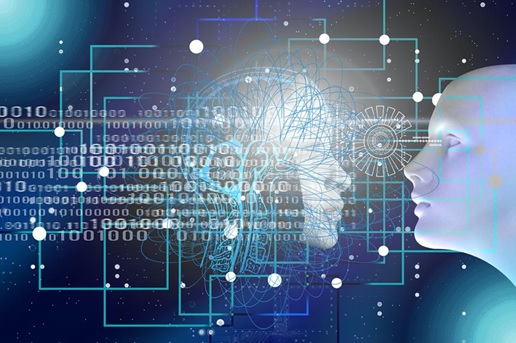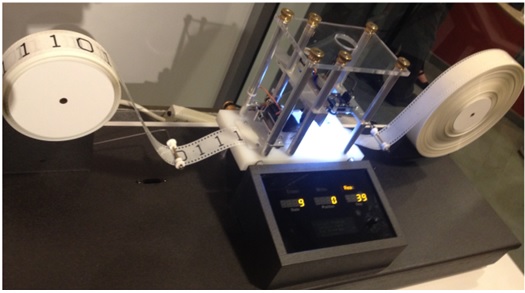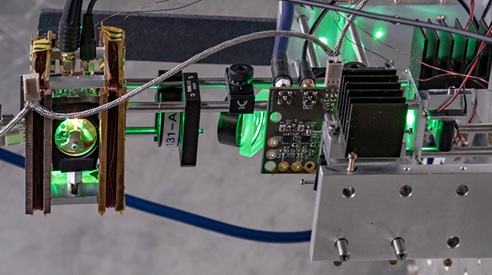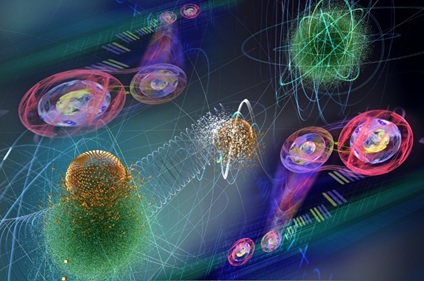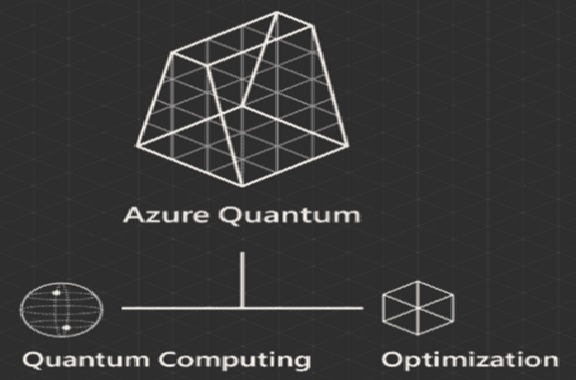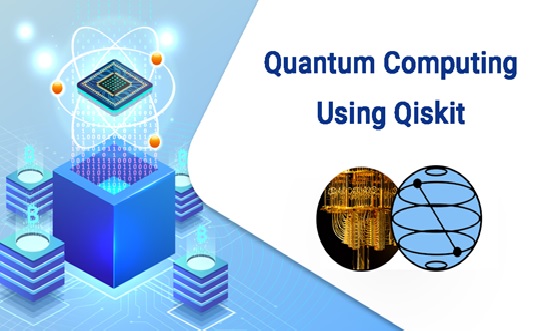Quantum Computing – A First Introduction
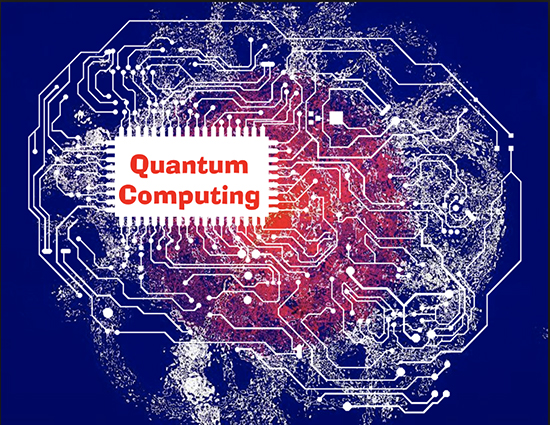
Keywords: Quantum Computing; Computer Technology; Classical Computing; Data Analytics.
The world of computing has witnessed seismic advancements since the invention of the electronic calculator in the 1960s. The past few years in information processing have been especially transformational. What were once thought of as science fiction fantasies are now technological realties. Classical computing has become more exponentially faster and more capable and our enabling devices smaller and more adaptable.
We are beginning to evolve beyond classical computing into a new data era called quantum computing. It is envisioned that quantum computing will accelerate us into the future by impacting the landscape of artificial intelligence and data analytics. The quantum computing power and speed will help us solve some of the biggest and most complex challenges we face as humans.
Quantum computing harnesses the phenomena of quantum mechanics to deliver a huge leap forward in computation to solve certain problems. Quantum computing is an area of computing focused on developing computer technology based on the principles of quantum theory (which explains the behaviour of energy and material on the atomic and subatomic levels). Computers used today can only encode information in bits that take the value of 1 or 0—restricting their ability.
Quantum computing, on the other hand, uses quantum bits or qubits. It harnesses the unique ability of subatomic particles that allows them to exist in more than one state (i.e., a 1 and a 0 at the same time).
- Supercomputers don't have the working memory to hold the myriad combinations of real-world problems.
- Supercomputers have to analyze each combination one after another, which can take a long time.
- Quantum computers can create vast multidimensional spaces in which to represent these very large problems. Classical supercomputers cannot do this.
You Know?
Cite this article:
Priyadharshini S (2025),"Quantum Computing – A First Introduction", AnaTechMaz, pp. 1


